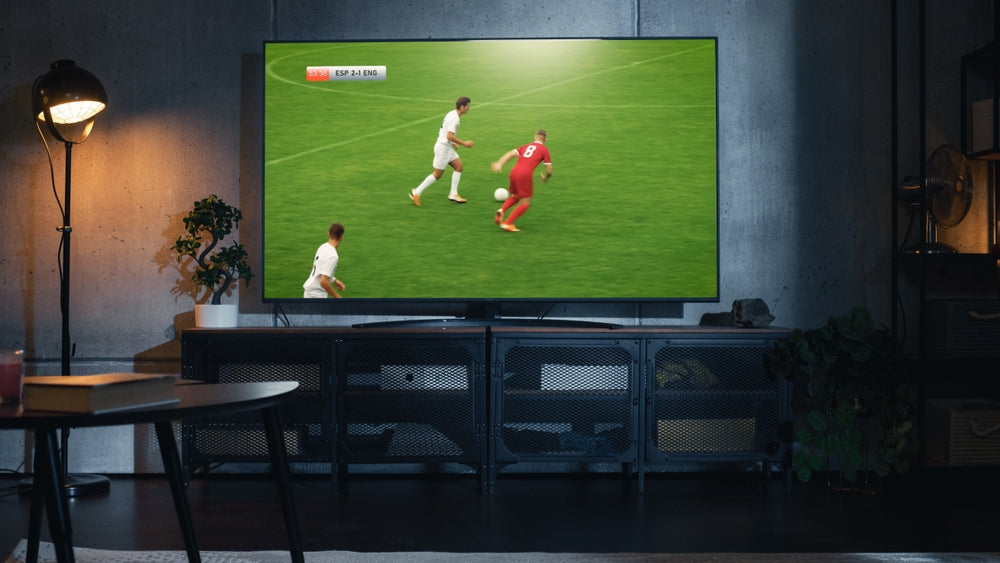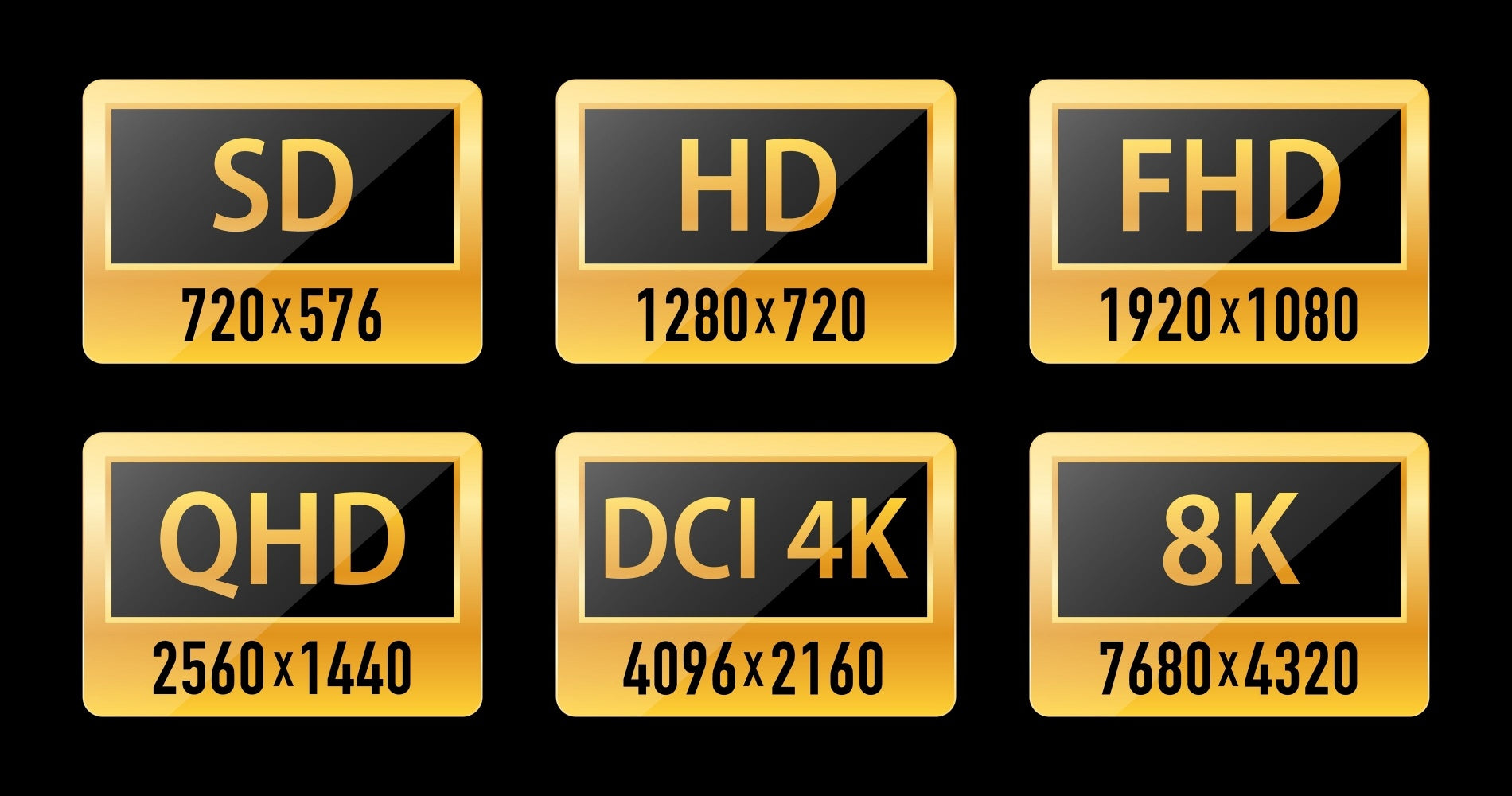
The resolution of a display is a critical specification that can be expressed in two concepts: display resolution and image resolution.
Display Resolution
Also known as screen resolution, display resolution refers to the number of pixels a monitor can display. This measure is a significant indicator of the clarity of the images shown on the screen. For two displays of the same size, the one with the higher display resolution will have more pixels in its active area, resulting in clearer and more detailed images. For example, a display with a resolution of 3840 x 2160 pixels (commonly known as 4K) will appear much sharper than one with a resolution of 1920 x 1080 pixels (Full HD) when viewed at the same size.
Conversely, for a fixed display resolution, a smaller screen size will yield sharper images due to the higher pixel density within the same area. This is why smartphones, which have relatively small screens, often boast very high resolutions to ensure text and images appear crisp and detailed. As the resolution increases, the display can show more content at once, making it ideal for multitasking and providing an immersive viewing experience, especially for high-definition videos and games.
Image Resolution
Image resolution refers to the number of pixels per inch (PPI) on a display. It determines the level of detail and sharpness of the images displayed. Higher image resolution means more pixels are packed into each inch of the screen, resulting in richer details and finer image quality. For instance, a display with a higher PPI will show smoother lines and more detailed images, which is particularly important for activities that require precision, such as graphic design, photo editing, and medical imaging.
Image resolution is also crucial for viewing high-resolution photographs and detailed artwork, where every pixel contributes to the overall clarity and fidelity of the image. A higher PPI not only enhances the sharpness of text and graphics but also reduces the visibility of individual pixels, creating a more seamless and natural viewing experience. Additionally, advances in display technology, such as OLED and microLED, further enhance image resolution by improving contrast ratios and color accuracy, making the images on high-resolution screens appear even more vivid and lifelike.
While developing an LCD display, the product specifications usually emphasize the display resolution, which dictates how detailed and sharp the displayed content will be. However, understanding both display resolution and image resolution is essential for appreciating the overall visual quality of a screen. Higher resolutions in both aspects contribute to more precise, detailed, and visually appealing images, making the display more suitable for a variety of applications ranging from general use to professional graphic design and high-definition media playback.
Here is a list of resolution specifications
Resolution SpecificationsResolution Specifications
| Resolution | Full Name | H x V | Aspect Ratio |
|---|---|---|---|
| qVGA | Quarter Video Graphics Array | 320x240 | 4:3 |
| VGA | Video Graphics Array | 640x480 | 4:3 |
| SVGA | Super Video Graphics Array | 800x600 | 4:3 |
| XGA | Extended Graphics Array | 1024x768 | 4:3 |
| WXGA | Wide Extended Graphics Array | 1280x800 | 16:10 |
| SXGA | Super Extended Graphics Array | 1280x1024 | 5:4 |
| HD | High Definition | 1280x720 | 16:9 |
| WXGA+ | Wide Extended Graphics Array Plus | 1440x900 | 16:10 |
| HD+ | High Definition Plus | 1600x900 | 16:9 |
| UXGA | Ultra Extended Graphics Array | 1600x1200 | 4:3 |
| WSXGA+ | Wide Super Extended Graphics Array Plus | 1680x1050 | 16:10 |
| FHD | Full High Definition | 1920x1080 | 16:9 |
| WUXGA | Wide Ultra Extended Graphics Array | 1920x1200 | 16:10 |
| QHD | Quad High Definition | 2560x1440 | 16:9 |
| WQHD | Wide Quad High Definition | 3440x1440 | 21:9 |
| QXGA | Quad Extended Graphics Array | 2048x1536 | 4:3 |
| QSXGA | Quad Super Extended Graphics Array | 2560x2048 | 5:4 |
| WFHD | Wide Full High Definition | 2560x1080 | 21:9 |
| UHD | Ultra High Definition | 3840x2160 | 16:9 |
| QUHD | Quad Ultra High Definition | 7680x4320 | 16:9 |
Read more

A liquid crystal display (LCD) screen is a sophisticated device that can be divided into three primary sections based on functionality: the Active Area, the Sealing Area, and the Pad Area. Each of ...
When determining the pixel size in a standard format liquid crystal display (LCD), several factors such as screen size, aspect ratio, and resolution come into play. Here’s how you can calculate th...



Leave a comment
This site is protected by hCaptcha and the hCaptcha Privacy Policy and Terms of Service apply.